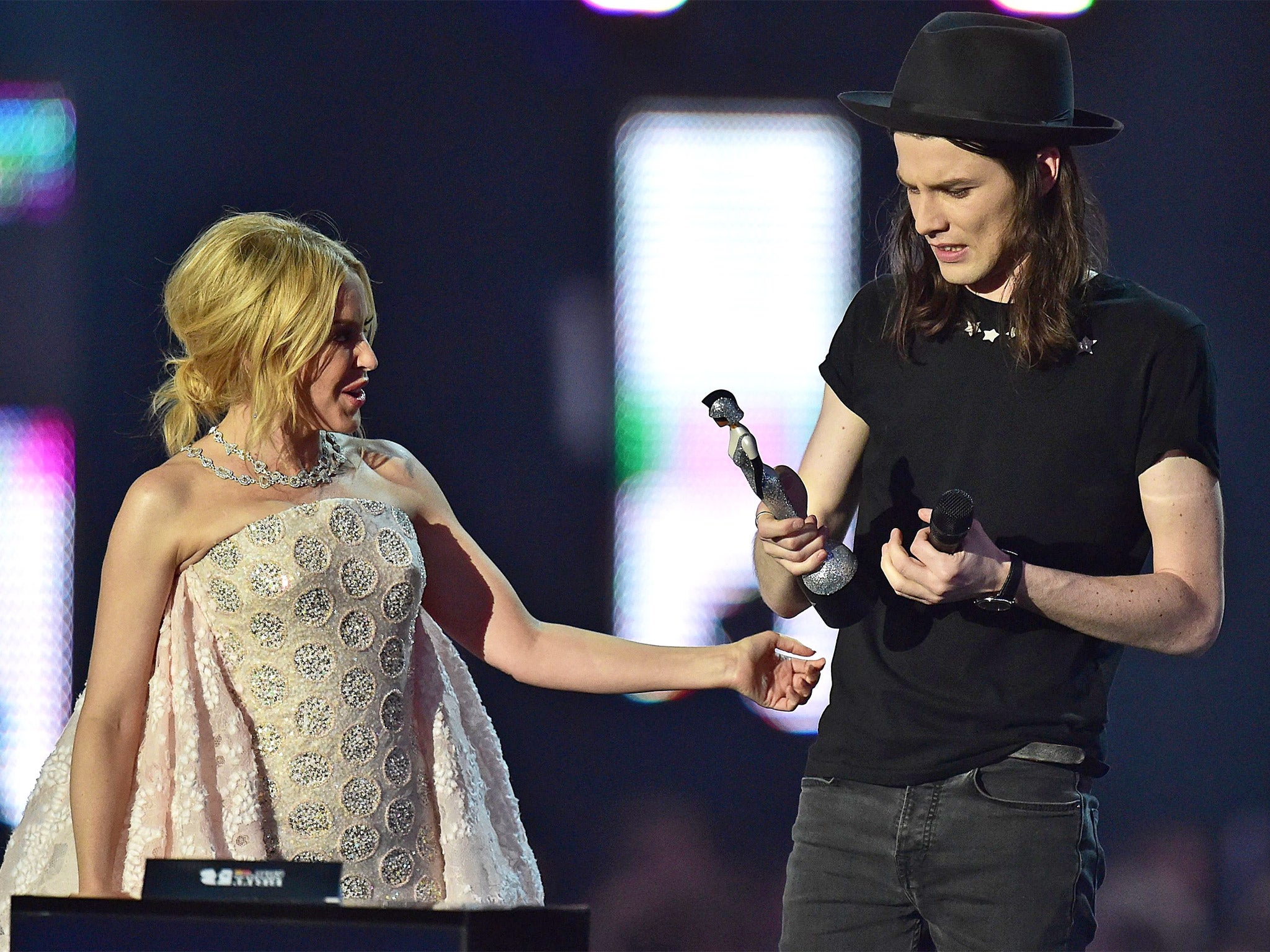Brits 2016: Adele's big win fails to mask diversity failure shaming awards
The idea the music industry should give pride of place to guitar bands over black musicians seems very 20 years ago

It’s fitting that Adele’s Brit Awards haul was the largest since Blur took four gongs at the height of Britpop’s flag-waving party in 1995.
The idea that the music industry’s annual showcase should give pride of place to guitar bands whilst failing to honour any black musicians seems very 20 years ago.
Even the 1995 awards gave a nod to diversity with awards for Prince and M People fronted by Heather Small.
If anything the Brits has gone backwards. Lily Allen complained that the awards are “blind to black talent” with grime artists like Skepta and Stormzy ignored.
The protest hashtag #BritsSoWhite was only fuelled by winners including Catfish and the Bottlemen, a hard-working indie rock band of the type currently out of fashion among music purchasers.
Coldplay and International Group winners Tame Impala also flew the flag for guitar-toting bands, although both have added dance & R&B influences to maintain a contemporary sheen.
James Bay, the Best British Male, who unwisely engaged in a Twitter spat with Allen over her Brits attack, epitomises the type of artist most easily marketable for record companies struggling to break new acts – blessed with Johnny Depp cheekbones, the be-hatted singer’s Radio 2-friendly strumming was always likely to find an audience with Ed Sheeran fans.
Justin Bieber’s International Male victory denied an opportunity for Grammy winner Kendrick Lamar to spread his politically conscious, jazz-informed hip-hop to a prime-time ITV audience.
Skepta, Stormzy and Krept & Konan stormed the stage with Kanye West last year but those artists were unable to fight their way through on to a Brits shortlist, which inevitably favours the biggest-sellers of the year – this is a TV show designed to boost sales after all.
Brits organisers say they take the diversity issue “very seriously.” There is an understandable reluctance to create a “grime” category which might ghettoise artists.
As with the Oscars, the swiftest route to change is to broaden the Brits voting academy, which currently consists of more than 1,000 figures representing record labels, artists, publishers and the media (including this writer) so that the music mainstream looks a little more like the Mobos.
Join our commenting forum
Join thought-provoking conversations, follow other Independent readers and see their replies
Comments
Bookmark popover
Removed from bookmarks